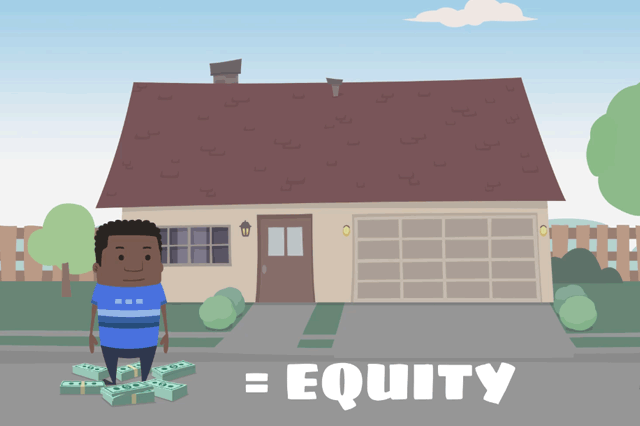FHA Reverse Mortgage Basics

There are different types of FHA Reverse Mortgages:
- Traditional (Equity in current property used to obtain a new HECM loan)
- Purchase (HECM loan proceeds used to purchase a principal residence)
- Refinance (Refinance of an existing HECM loan with a new HECM loan)
The FHA loan rulebook, HUD 4155.1, says the following properties can be used to secure the reverse mortgage/HECM:
- 1 Unit (Single Family Residence)
- 2-4 Unit with one unit occupied by the borrower
- HUD-approved Condominium Project
- Manufactured home built after June 15, 1976
In order to be eligible to apply for an FHA HECM or Reverse Mortgage, the applicant must meet the age requirements, and also not be delinquent on any federal debt, and must complete required housing counseling directly related to HECM loans. This counseling is required as a condition of loan approval, and the borrower can get an FHA referral to an FHA/HUD approved housing counselor by calling 1-800 CALL FHA.
According to the FHA HECM Industry Factsheet HECM loans feature no monthly mortgage payment (as mentioned above) and only become due and payable under certain conditions. Those conditions include the death of the borrower, but there are conditions where the HECM loan can become due and payable in full if the borrower does not live up to certain obligations that are a condition of loan approval.
For example, if the borrower fails to pay property taxes/charges or stops using the home that secured the HECM as his or her primary residence, the HECM loan could be declared due in full. That is one reason why HECM loan counseling is required as a condition of loan approval---borrowers need to know these terms and conditions and make an informed choice about applying for their HECM loan.
------------------------------
RELATED VIDEOS:
Reverse Mortgages Are Ideal for Senior Borrowers
The Pros and Cons of Subprime Mortgages
A Streamline Refinance Simplifies the FHA Loan Process

Do you know what's on your credit report?
Learn what your score means.








